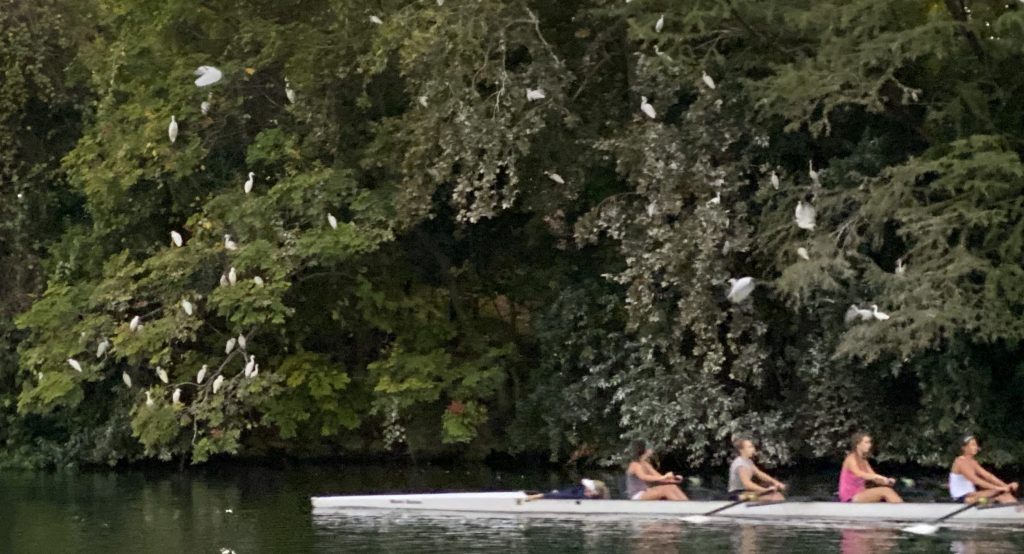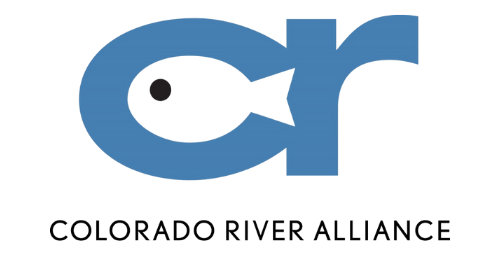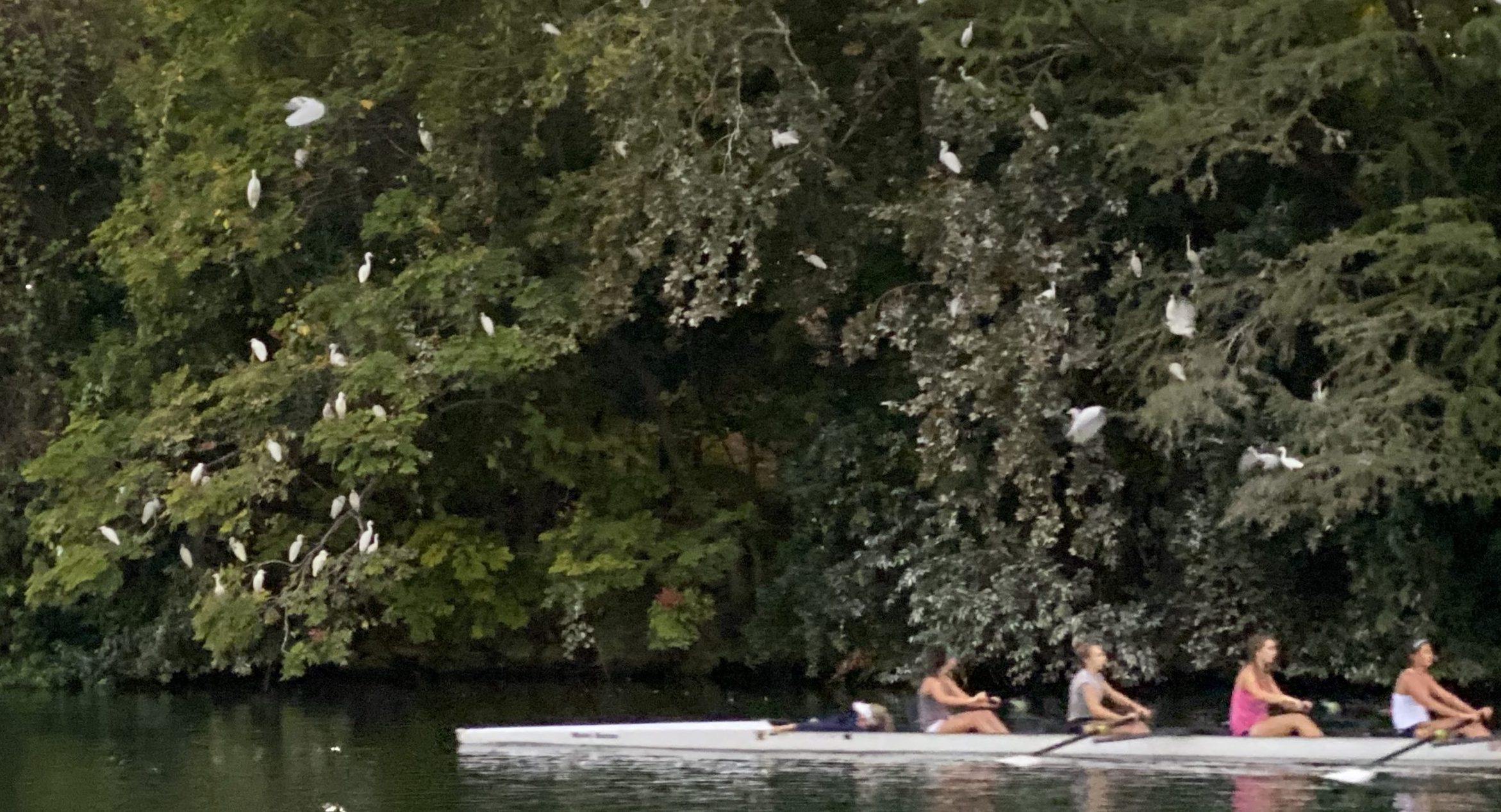
Across the globe, there hasn’t been a single sector of the human experience unaffected by the COVID-19 pandemic. From one family’s daily routine to international relations, 2020 brought sweeping changes to our lives and institutions. These changes brought with them innumerous challenges, fear, grief, and loss. But also a great number of opportunities, hope, and solidarity. We were reminded how adaptable we really are, and we rose to the occasion.
Like many organizations, at Colorado River Alliance we had to figure out how to continue living our mission while keeping our staff and the communities we serve safe. Our core education programs—the Mobile River and Redbud Field Trips—were founded on hands-on, interactive curriculum. Our environmental action events have always been about connecting with volunteers in and around the water. When face-to-face interaction was no longer an option, we discovered how valuable technology could be to our programs and our mission to champion the long-term vitality of the Texas Colorado River all across the basin.
Distance learning. Virtual education. Remote instruction. Whatever you call it, the value of digitally delivering educational resources has been undeniable for the past year and a half. After March 2020 put our field trips and school visits on pause, the CRA Programs Team put our heads together to adapt our hands-on water science lessons into virtual versions that would be equally fun, interactive, and easily integrated by teachers into their curriculum. The result was our CRA Digital Resources Library, featuring games, puzzles, and TEKS-aligned activity guides. We were excited to share these new resources with the schools and education partners we serve year after year in the Austin area, but we quickly realized these new, virtual versions of our programs could now help us reach thousands more students across the Colorado River basin.
Like the state that contains it, the Texas Colorado River basin is diverse—both in its geography and history, and the many cultural communities that rely on its central waters. When the focus for CRA’s educational lessons shifted completely to digital delivery, we knew we wanted to improve our programs’ diversity and inclusion efforts. Bilingual instruction has been a focus of the Redbud and Mobile River programs for the past several years, and with a Digital Resource Library we now offer multiple lessons and activities in English and Spanish versions to reach a greater and more diverse audience of students. We also visit classrooms virtually on Zoom, Google Classroom, and other distance-learning platforms utilized by schools and educators. These virtual visits feature the option for instruction in English and Spanish to meet the needs of a diverse range of schools and students, similarly to how our in-person programs would.
After receiving positive feedback from the schools and educators we serve, we recognized how valuable the virtual components of our lessons are, and we plan to continue offering them permanently as the regional COVID-19 response continues to change. Though we are excited to return to in-person programs in a limited capacity for our Austin-area schools, we hope to continue connecting and empowering more students across the Colorado River basin with our Digital Resource Library.


